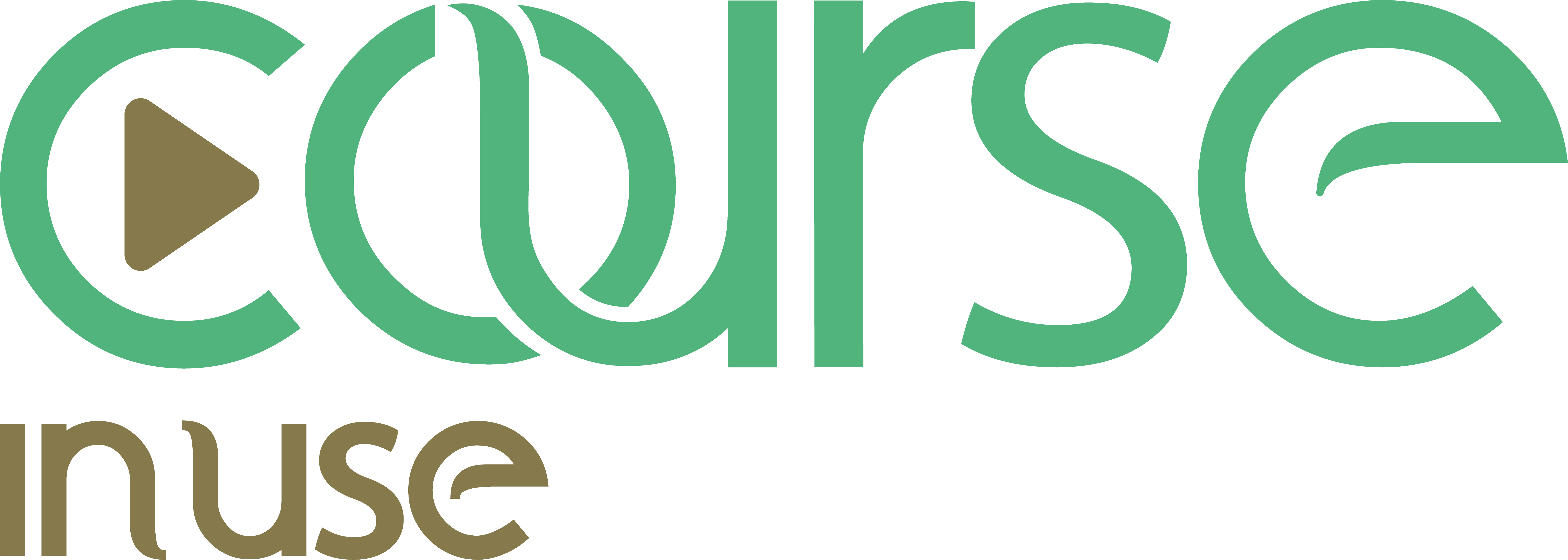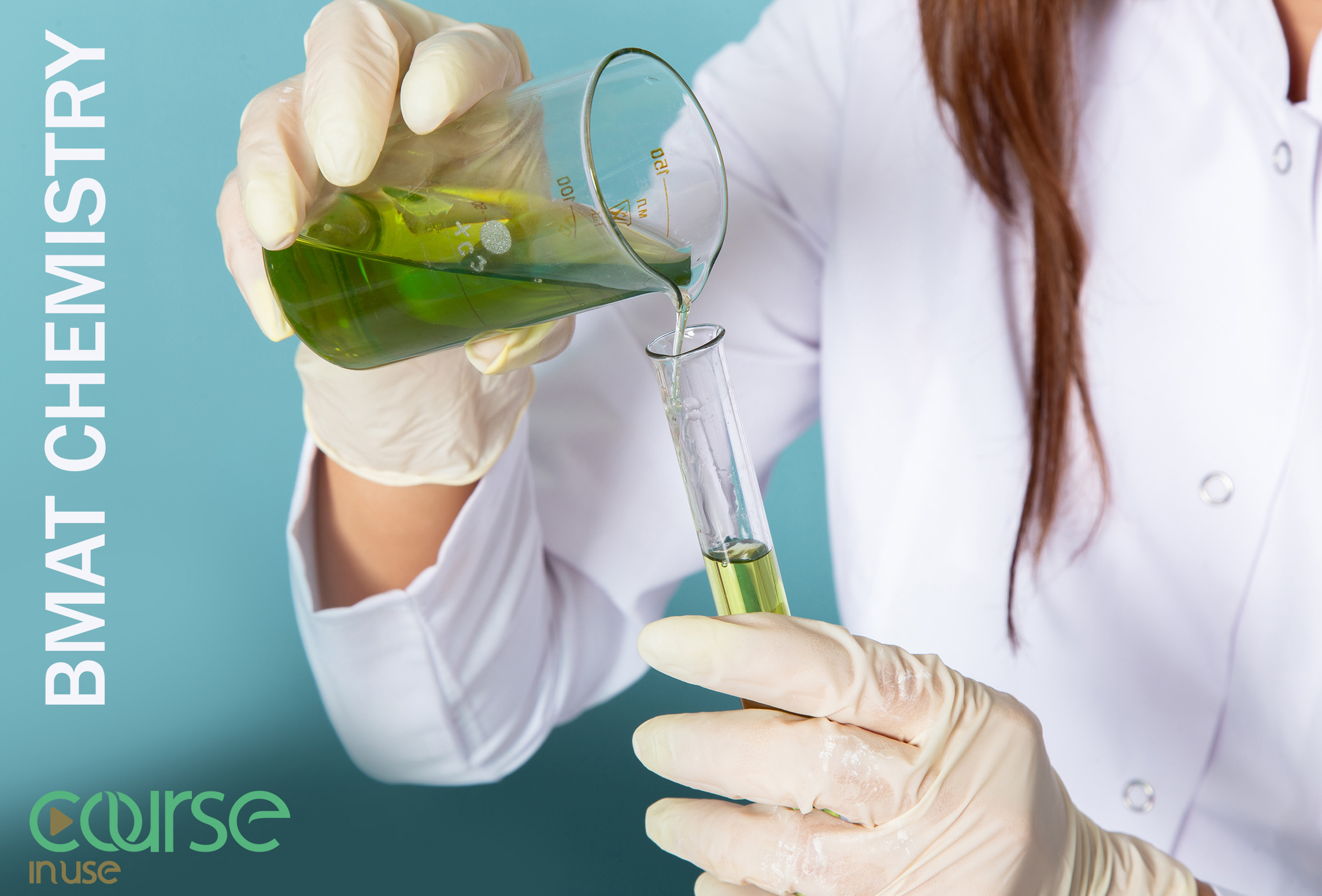Introduction
The BMAT (BioMedical Admissions Test) is an entrance exam for medical and dental schools in the UK and other European countries. The test includes various sections, including Chemistry, Biology, Mathematics, and Critical Thinking. In this article, we will explore the significance of Chemistry in the BMAT, the different topics covered, common questions, and recommended resources for study.
Overview of Chemistry in the BMAT
Chemistry is a crucial component of the BMAT, and a strong understanding of this subject can significantly impact your performance in the exam. This section typically includes questions that require a deep understanding of fundamental chemical principles and the ability to solve chemical problems.
Importance of Chemistry
Chemistry in the BMAT is important for several reasons:
- Scientific Foundation: Mastery of Chemistry concepts helps in understanding other scientific subjects and medical topics.
- Problem Solving: The ability to solve chemical problems and analyze data requires a thorough understanding of Chemistry principles.
- Medical Relevance: Basic Chemistry knowledge is essential for grasping more advanced medical concepts.
Topics Covered in Chemistry
The Chemistry section of the BMAT generally includes the following topics:
- General Chemistry:
- Basic principles and laws of Chemistry
- Atomic and molecular structure
- Chemical bonds and reactions
- Chemical equilibria and solution properties
- Organic Chemistry:
- Structure and nomenclature of organic compounds
- Chemical reactions of organic compounds
- Chemistry of polymers
- Inorganic Chemistry:
- Properties and applications of inorganic elements and compounds
- Inorganic chemical reactions
- Analytical Chemistry
- Physical Chemistry:
- Chemical thermodynamics
- Chemical kinetics
- Quantitative Chemistry and analytical methods
- Common Questions
Typical BMAT Chemistry questions may include:
- Identification and naming of chemical compounds
- Calculation and interpretation of chemical reactions
- Analysis of experimental data and quantitative calculations
- Theoretical questions on Chemistry principles
- Recommended Resources
For success in the BMAT Chemistry section, the following resources from reputable sources are recommended:
- Textbooks:
- “Chemistry: The Central Science”(Brown, LeMay, Bursten, and Murphy)
- “Organic Chemistry” (Clayden, Greeves, Warren, and Wothers)
- “Inorganic Chemistry”(Catherine Housecroft and Alan G. Sharpe)
- AS Level Chemistry OCR Complete Revision Practice
- A2 Level Chemistry OCR Revision
- AS A2 Level Chemistry OCR Revision
- AS Level Chemistry OCR Complete Revision Practice
- Cambridge International AS and A-Level Chemistry
- Chemistry Revision Guide
- Cambridge IB Chemistry
- Cambridge International AS and A Level Chemistry Coursebook
- Chemistry cgp revision
- Chemistry Revision Guide
- Oxford IB Chemistry
- Practice Papers:
– “BMAT Past Papers”: Collection of past BMAT questions
– “BMAT Practice Tests”: Practice tests to familiarize with question formats
Conclusion
Chemistry plays a vital role in the BMAT, and mastering this subject can enhance your chances of success in the exam. Utilizing reputable resources and consistent practice will help you achieve the necessary preparation for this section.




